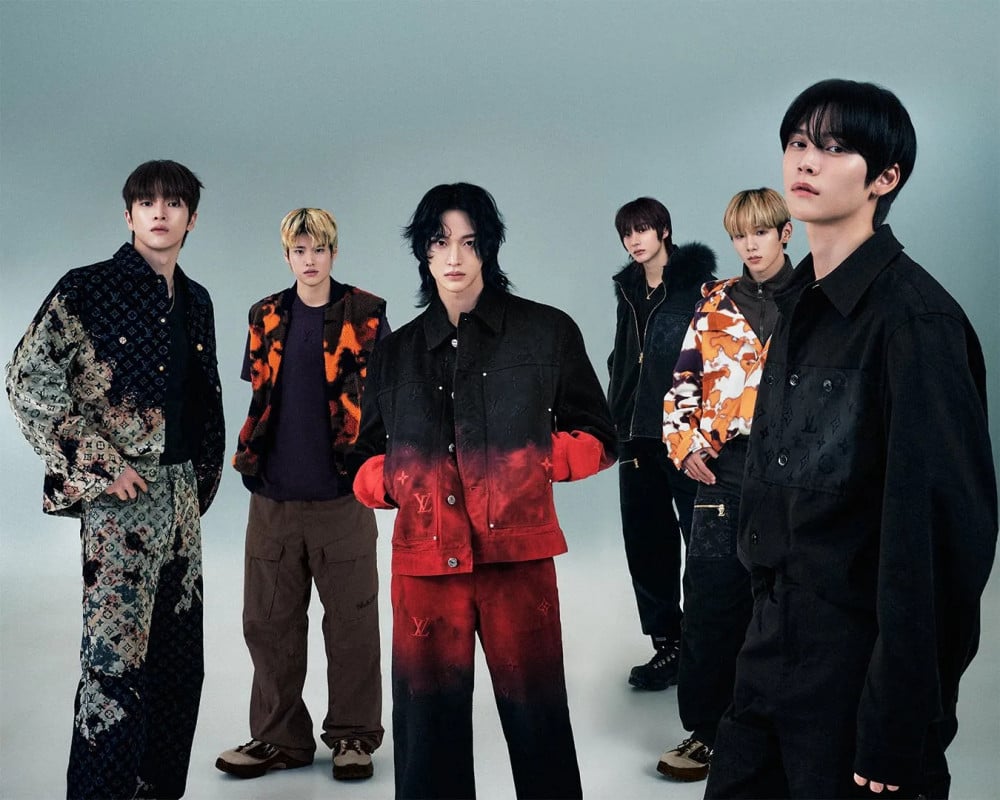
As times and generations evolve, so do the dynamics in K-pop. Traditionally, K-pop groups have had clearly defined roles like 'visual,' 'main vocal,' or 'leader.' However, the rising popularity of groups like RIIZE, who operate without such specific roles, raises the question: Are we witnessing a shift in how K-pop groups function?
In the past, K-pop companies strictly adhered to these roles. 'Visual' members, for instance, were often front and center in performances and photoshoots, enjoying the limelight but sometimes under the pressure to conform to a quieter image. Conversely, 'leaders' were expected to be the responsible, composed voice of the group, often taking the lead in interviews.
Then, there were roles like the 'main dancer,' who were always expected to showcase their dance skills spontaneously.
But did these roles serve a real purpose, or did they put unnecessary pressure on idols to live up to these expectations? RIIZE, a newcomer in the scene, challenges this norm by not adhering to specific titles, offering a refreshing change in the industry.
Sometimes, these labels can feel forced and unnatural, not truly reflecting an idol's personality. In other cases, they align seamlessly with an idol's natural traits. For example, BTS's RM naturally exudes leadership qualities, making him an obvious choice for the role, regardless of the label.
On the other hand, idols like INFINITE's L, labeled as the 'visual,' sometimes appeared constrained by this role, hiding their true, more relaxed personality.
This brings us to the question: Are these roles essential for a group's success, or are they redundant in the modern K-pop landscape? What's your take on this evolution in K-pop group operations?
 SHARE
SHARE
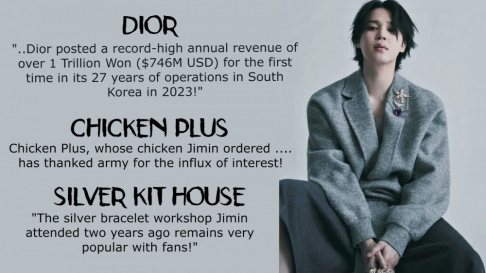
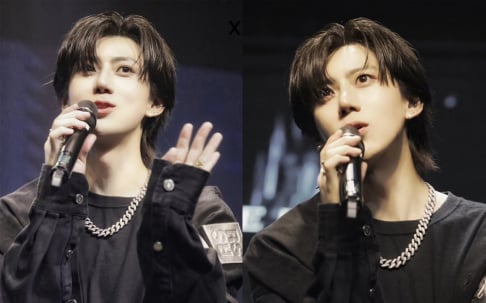





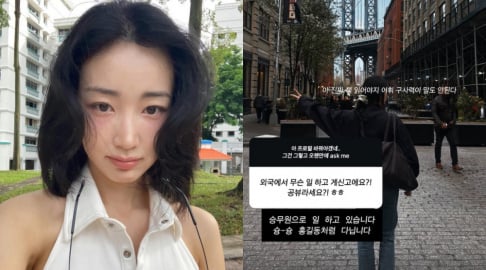


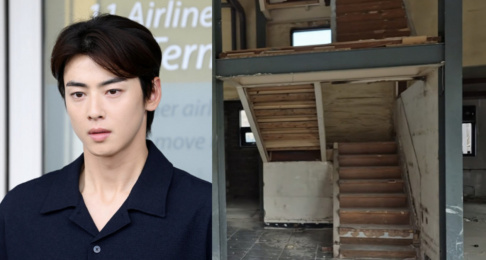





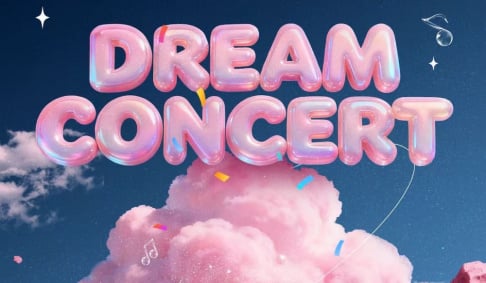




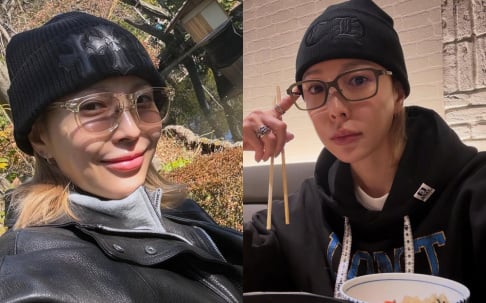
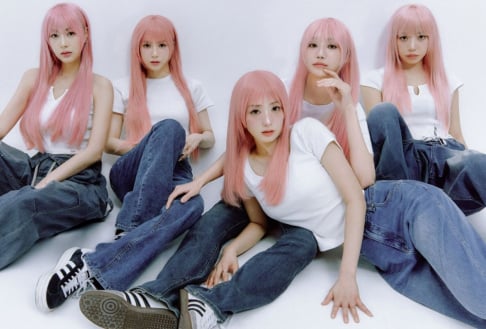
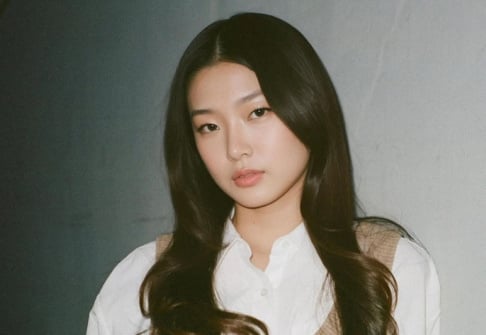





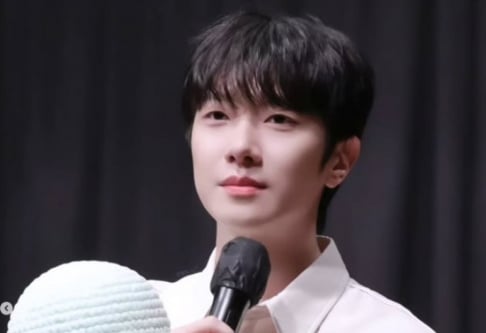



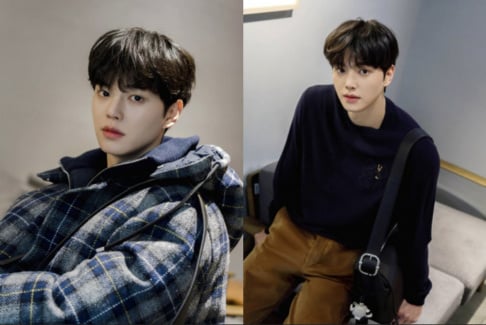
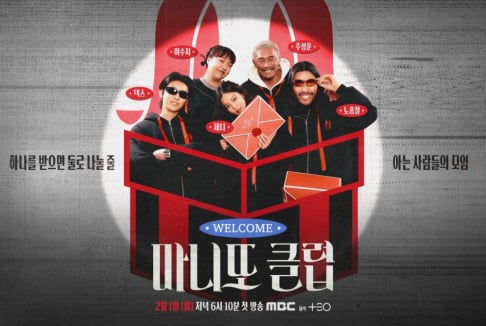
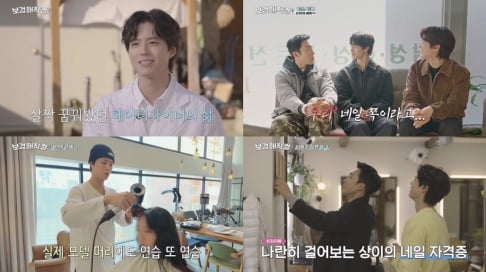

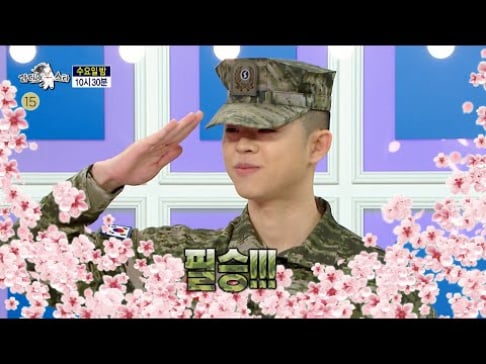













IMO the roles group members are assigned are often more like glorified titles. I think it's fine to let members try new things and/or push boundaries while also having the stability that comes from defined positions, which they can also lean into 💗